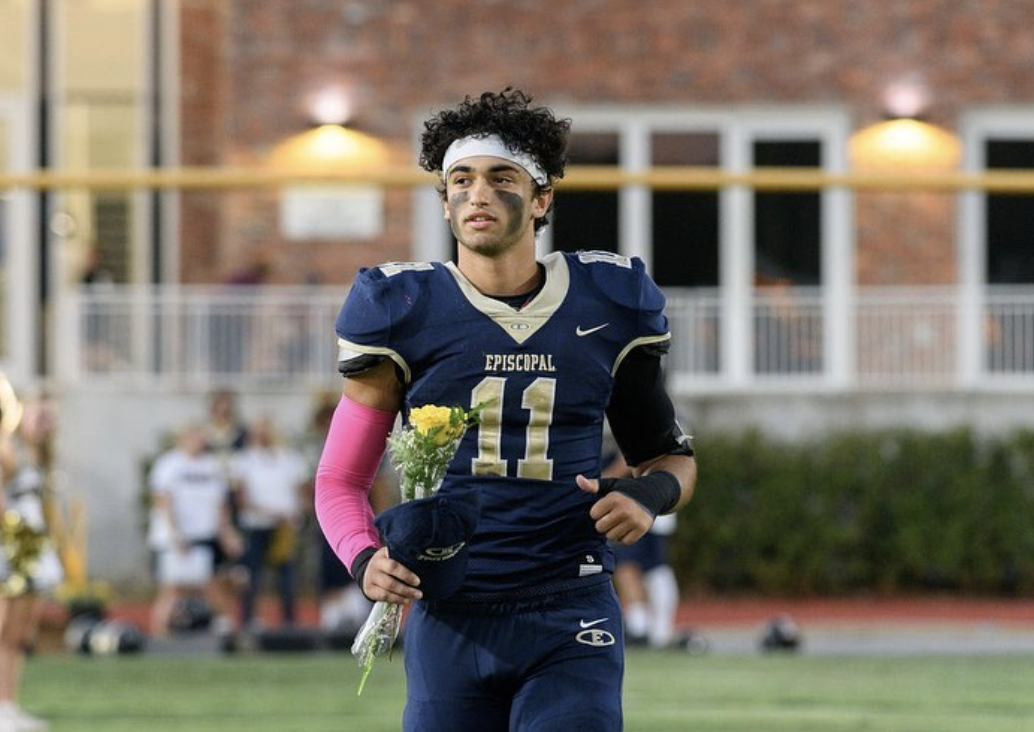NEW DELHI: Indian External Affairs Minister S. Jaishankar’s visit to Islamabad is unlikely to thaw frosty relations between India and Pakistan as both countries struggle with domestic issues, experts said on Monday ahead of the first such trip by a high-level Indian official.
The Ministry of External Affairs confirmed last Friday that Jaishankar will be leading the Indian delegation to attend the summit of the Shanghai Cooperation Organization — a 10-member trans-regional economic and security body established by China and Russia — from Oct. 15-16 in the Pakistani capital.
Jaishankar has said he will not discuss bilateral relations during the visit.
India has fought three wars with its nuclear-armed neighbor, including two over control of the disputed Kashmir region in the Himalayas.
India controls Jammu and Kashmir, which is part of the larger Kashmiri territory that has been the subject of international dispute since the 1947 partition of the Indian subcontinent into Hindu-majority India and Muslim-majority Pakistan.
Both countries, which claim Kashmir in full and rule in part, further downgraded their diplomatic ties in tit-for-tat moves in 2019, after India unilaterally stripped Jammu and Kashmir of its limited constitutional autonomy. In protest, Pakistan also suspended all bilateral trade.
“It (the visit) would contribute in certain ways in thawing the relationship that has been frozen for the last 10 years and may provide an opportunity for India to construct (and) begin conversation with Pakistan,” Sanjay Kapoor, analyst and political editor, told Arab News.
However, Pakistan’s political instability and security challenges are also a drawback to potential bilateral engagements, said Prof. Harsh V. Pant, vice president of the Observer Research Foundation in New Delhi.
“Pakistan is in such a febrile (state) that who to talk to is a big question,” he told Arab News.
“The way political challenges are rising for the Pakistani government, they are quite substantive and there is no way in which a unified machinery exists … even if India wants to have a conversation with Pakistan and take that conversation forward.”
Unless “something fundamental shifts” in Islamabad concerning its approach to regional security and terrorism, Pant said that India will not be “very incentivized to engage with Pakistan.”
Cross-border terrorism was a top-of-mind issue for the Indian government, said Manish Chand, the CEO of the think tank Center for Global India Insights.
“Pakistan has not done anything tangible, concrete” to address Delhi’s concerns over the matter, he told Arab News, adding that any dialogue with Islamabad also depended on the Indian public perception and mood, after Prime Minister Narendra Modi’s Bharatiya Janata Party lost its absolute majority in parliament in June.
“This government, the BJP, does not want to be seen as soft on Pakistan or cross-border terror, so they don’t want to take a political chance because that would mean that it could be they will face cracking political scrutiny,” Chand told Arab News.
Despite the challenges, Jaishankar’s trip should still be seen as a “very positive gesture” that may lead “to a slight improvement” in bilateral relations, which “may eventually lead to some tangible move leading to reengagement at some level or revival of the dialogue process,” he said.
But Prof. Siddiq Wahid, a Srinagar-based political analyst, said engaging with Pakistan was not a priority for the Indian government.
“The current Indian government is hampered by its self-image of India in the world. That self-image is of a major global player. As a result it thinks that time is on its side and it does not have to deal with Islamabad,” he told Arab News.
“Meanwhile, the regional rivalry between Delhi and Islamabad continues to fester.”



























